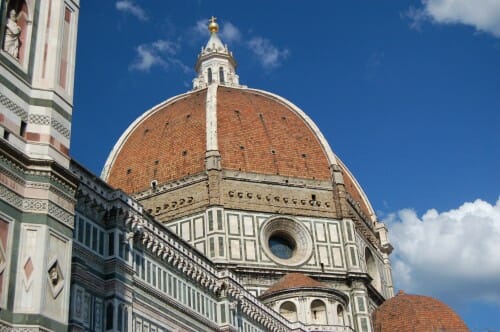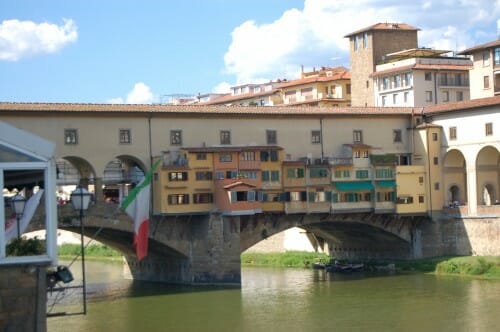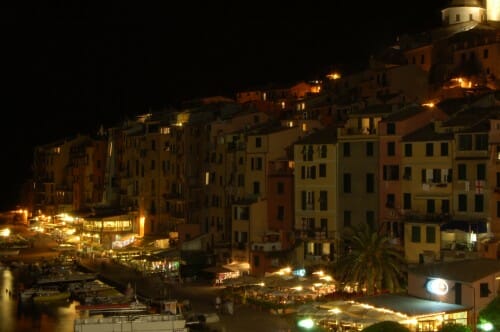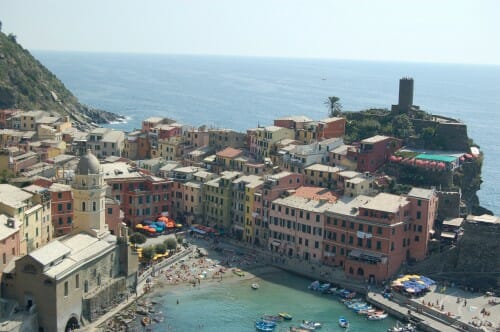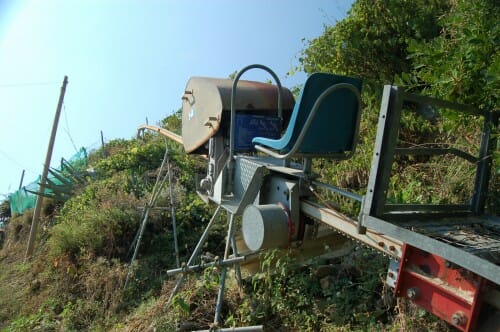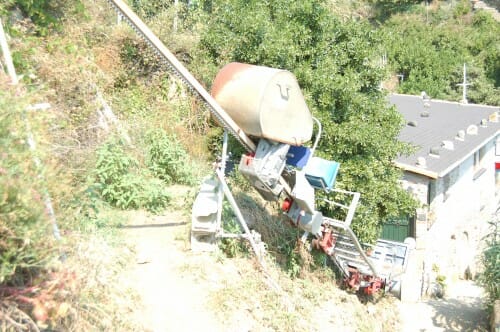On Funding and Bias in Climate
I really, really did not want to have to write yet another post on this. 99+% of all climate funding goes to alarmists rather than skeptics. Greenpeace laments donations of funds to skeptics by Exxon of a million dollars or so and wants to drive out all such funding when Greenpeace and Tides and the US Government are giving literally billions to alarmists. Despite this staggering imbalance, the only stories you ever see are about the dangers and bias introduced by that measly 1% skeptics get. I guess that 1% is spent pretty well because it sure seems to have people running in circles declaring the sky is falling.
One would think that at some point the world would wake up and realize that criticizing the funding sources behind an individual does not actually rebut that individual's arguments.
Potential bias introduced by funding sources (or some other influence) are a pointer -- they are an indication there might be a problem warranting deeper examination of the evidence introduced and the methodology of collecting that evidence. Such potential biases are not themselves evidence, and do nothing to rebut an argument. A reasonable way to use such biases in an argument would be something like:
I want to begin by noting that Joe may have had a predisposition to his stated conclusion even before he started because of [funding source, political view, whatever]. This means we need to very carefully look at how he got to his conclusion. And I intend to show you that he made several important errors that should undermine our acceptance of his conclusions. They are....
Unfortunately, nowadays people like the New York Times and our own Arizona Representative Raul Grijalva seem to feel like the job is done after the first sentence. They have decided that the best way to refute recent scientific work by a number of climate scientists is to try to show that some of their funding comes from fossil fuel companies.
Beyond the strange implicit assumption that fossil fuel funding would automatically "disprove" a research paper, there is also an assumption that oil company funding is "unclean" while government or non-profit environmental group funding is "clean". Remember the last time you saw a news story about a climate alarmist's funding? Yeah, neither do I.
There is no justifiable reason for this asymmetry. Funding does not potentially introduce bias because it is sourced from for-profit or non-profit entities. In fact, the motivation of the funding source is virtually irrelevant. The only relevant questions related to bias are:
- Did the funding source demand a certain conclusion at the outset of the study as the price of the funding -- or --
- Is there a reasonable expectation that the source would deny future funding if the conclusions of the study don't go their way
My sense is that #1 is rare and that the real issue is #2.
But #2 is ubiquitous. Sure, if a group of skeptical scientists suddenly started writing papers about 8 degree warming predictions, Chevron is going to be less likely to fund their future research. But on the flip side if Michael Mann suddenly started saying that future warming will only be a modest 1-2 degrees, do you think that he would continue to get funding from Greenpeace, the Tides Foundation, the WWF, or even from an Obama-run Federal agency? No way. There is absolutely no less bias introduced by Chevron funding than from Greenpeace funding, because in each case there can be a reasonable fear by the researcher that future funding would be denied by that source if the "right" answer was not reached.
Postscript & Disclosure of Biases: I have never received any outside funding for this blog or my climate work. However, if Chevron were to send me a check for a million dollars, I would probably cash it. I do own individual shares of ExxonMobil stock as well as shares of the Vanguard S&P500 index fund, which includes equities of a number of energy companies. I also am a frequent purchaser of gasoline and electricity, as well as a number of other products and services whose prices are tied to energy prices (e.g. air transportation). As a consumer, I would rather not see the prices of these products rise. I buy a lot of food, whose price might be improved by longer growing seasons. My camping company tends to benefit from rising gasoline prices, because rising prices causes people to stay closer to home and camp at the type of places we operate. It is hard to predict how regional climates will change if overall global temperatures rise, but since many of my campgrounds are summer escapes at high altitude, they would probably benefit somewhat from rising temperatures. I own a home in Arizona whose value would probably be lessened if the world warmed 2-3 degrees, because it would make winters in the northeast and midwest more bearable and thus hurt Arizona as a location for a winter second home. Global warming may reduce the life of my dog as we are less likely to walk her when it is over 100 degrees out which makes her less healthy. I own land in Hawaii that might be more valuable if sea level rises puts it 6-8 inches close to the ocean. I am planning a vacation to see the tulips bloom in Holland and changes in climate could shift the blooming date and thus cause me to miss the best colors. Fifteen years from now my daughter would like a June wedding and changes to climate might cause it to rain that day. My daughter also owns 5 shares of Walt Disney and their earnings might be helped by global warming as nostalgia for cooler weather could greatly increase DVD sales of "Frozen".
